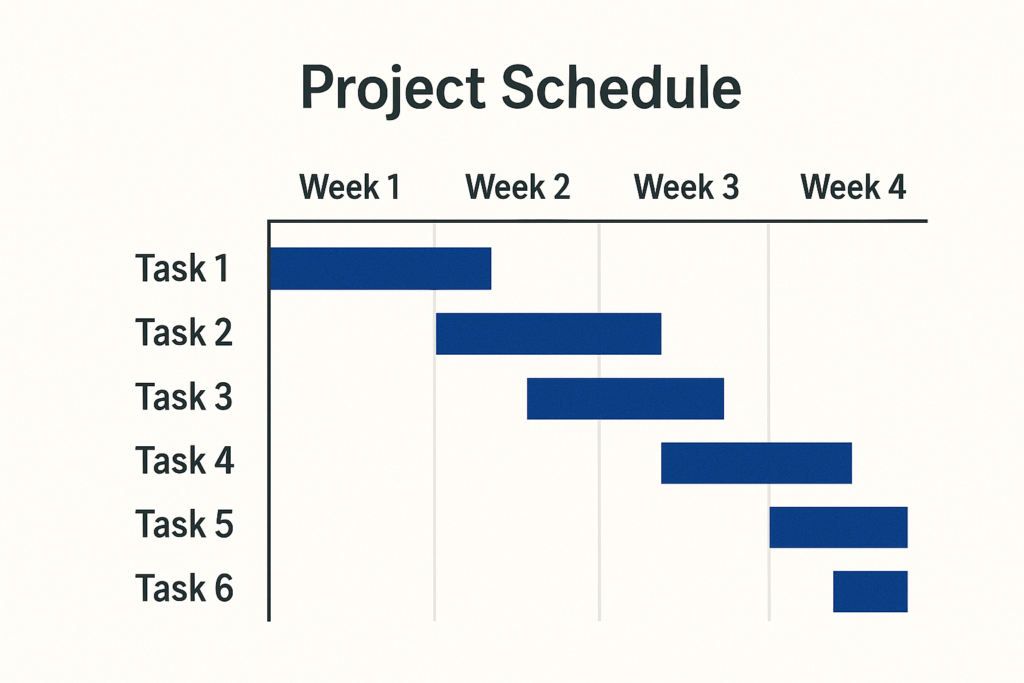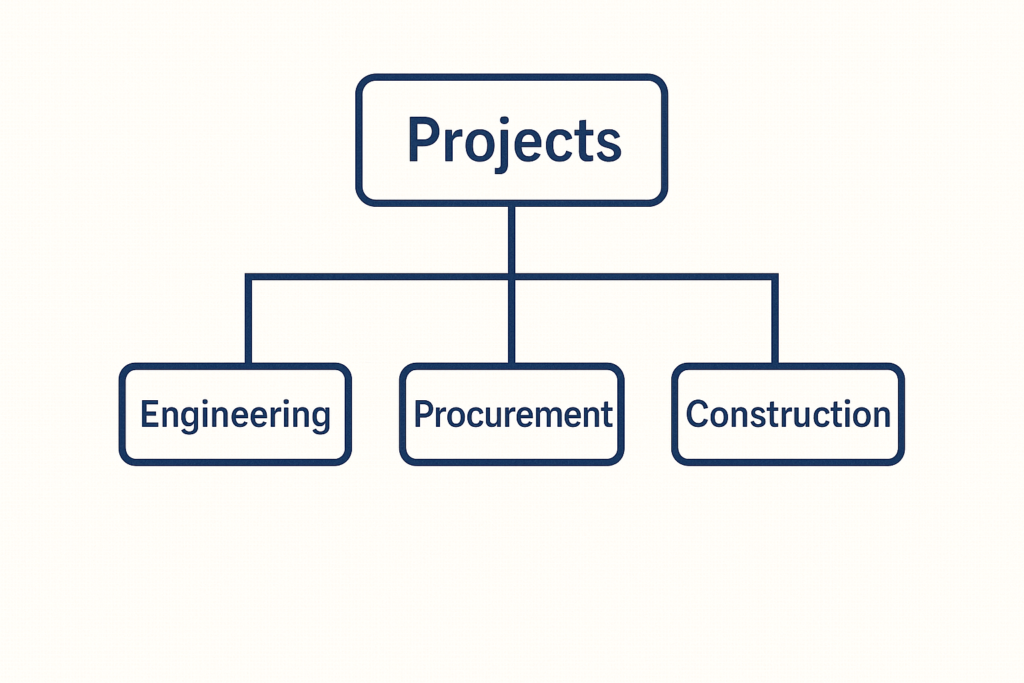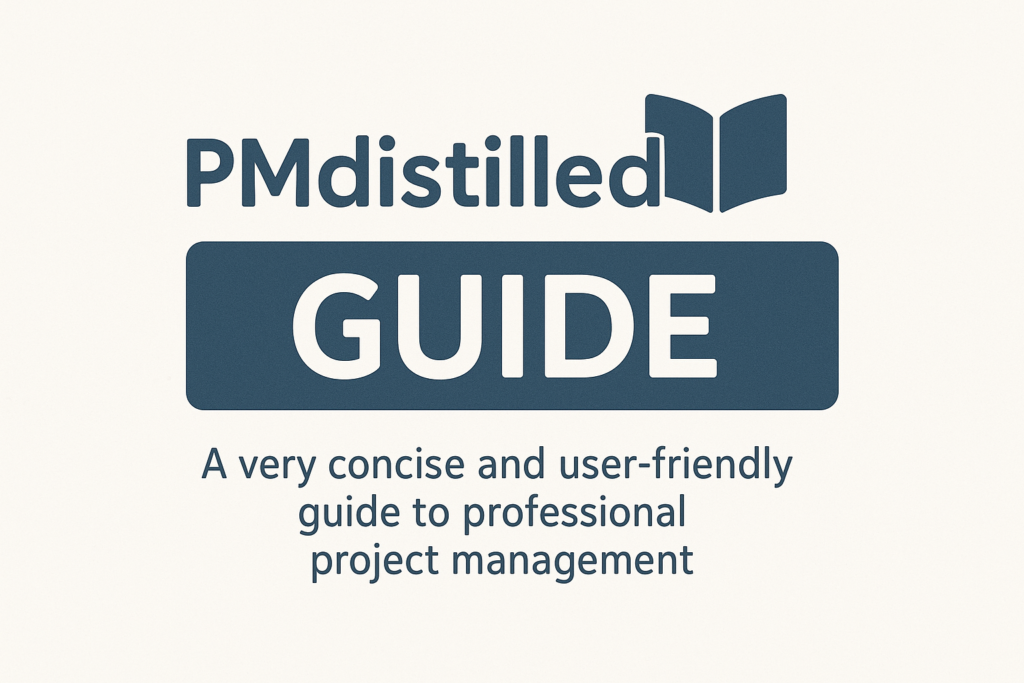
- Who will be in charge of developing the schedule?
- Which tools to be used?
- How these tools will be integrated?
- Who will perform constructability reviews?
- Who and when will be the progress status updated?
- Who can revise the schedule?
- Escalation thresholds


Planning schedule management involves several key activities to ensure that the project schedule is effectively developed, monitored, and controlled. Here are the main activities typically involved:
- Define Schedule Management Approach: Determine the approach and methodologies that will be used to develop, manage, and control the project schedule. This includes selecting scheduling tools, techniques, and software.
- Identify Stakeholder Requirements: Gather input from project stakeholders regarding their scheduling needs and expectations. Understand their constraints, preferences, and priorities to ensure that the schedule meets their requirements.
- Define Schedule Control Thresholds: Establish performance thresholds and tolerances for key schedule parameters such as duration, start and finish dates, and milestones. Define criteria for determining when schedule variances require corrective action.
- Establish Change Control Procedures: Define procedures for managing changes to the project schedule. Establish roles and responsibilities for reviewing, approving, and implementing schedule changes, and ensure that changes are properly documented and communicated to stakeholders.
- Develop Schedule Management Plan: Document the schedule management approach, including the strategies, processes, and tools that will be used to develop, monitor, and control the project schedule. The schedule management plan should be tailored to the specific needs of the project and serve as a guide for project team members.
- Communicate Schedule Management Plan: Share the schedule management plan with relevant stakeholders to ensure alignment and understanding of the schedule management approach. Communicate roles, responsibilities, and expectations regarding schedule development and control.
By completing these activities, project managers can establish a robust schedule management framework that supports the successful execution of the project and enables effective monitoring and control of schedule performance.

